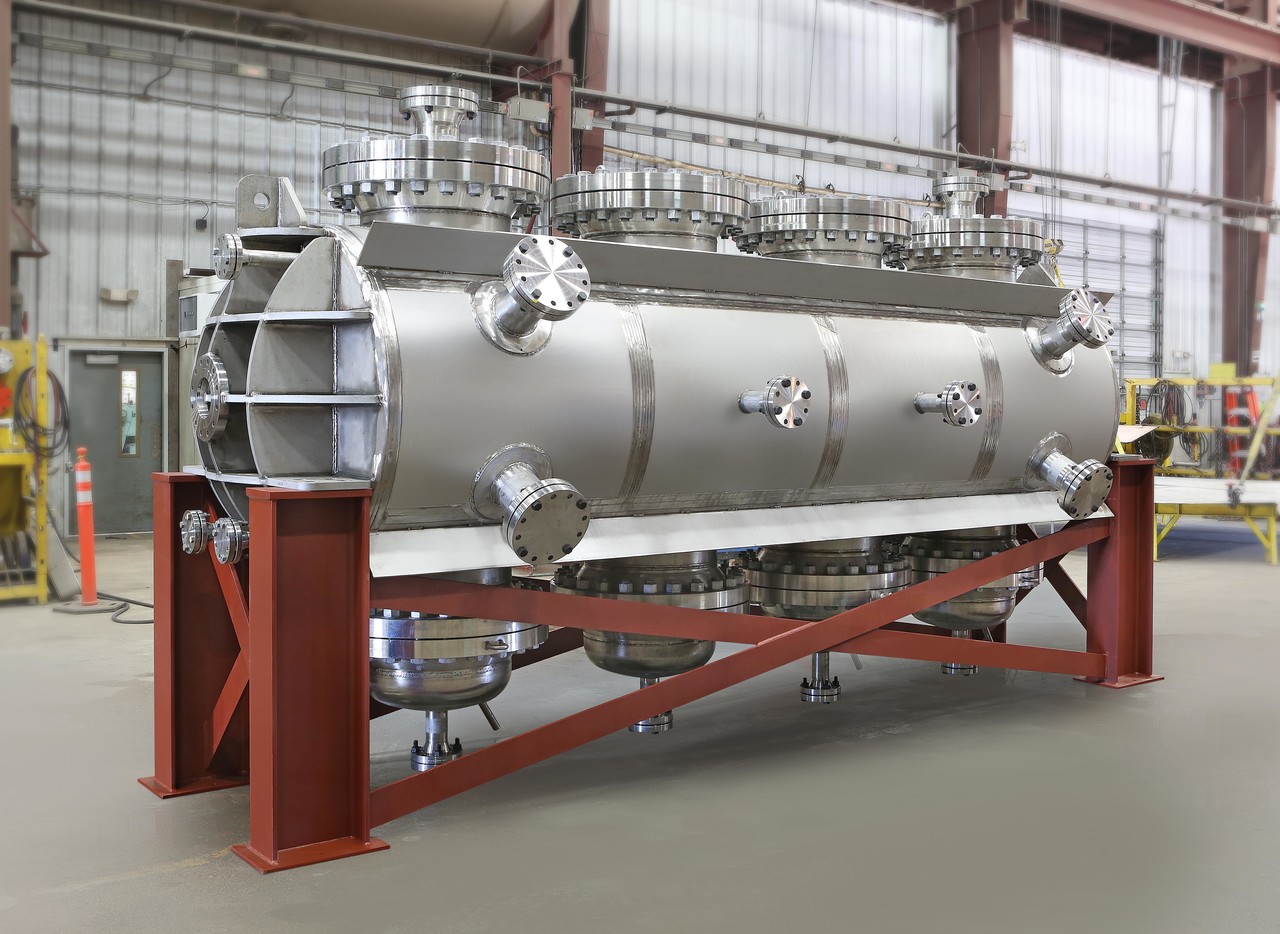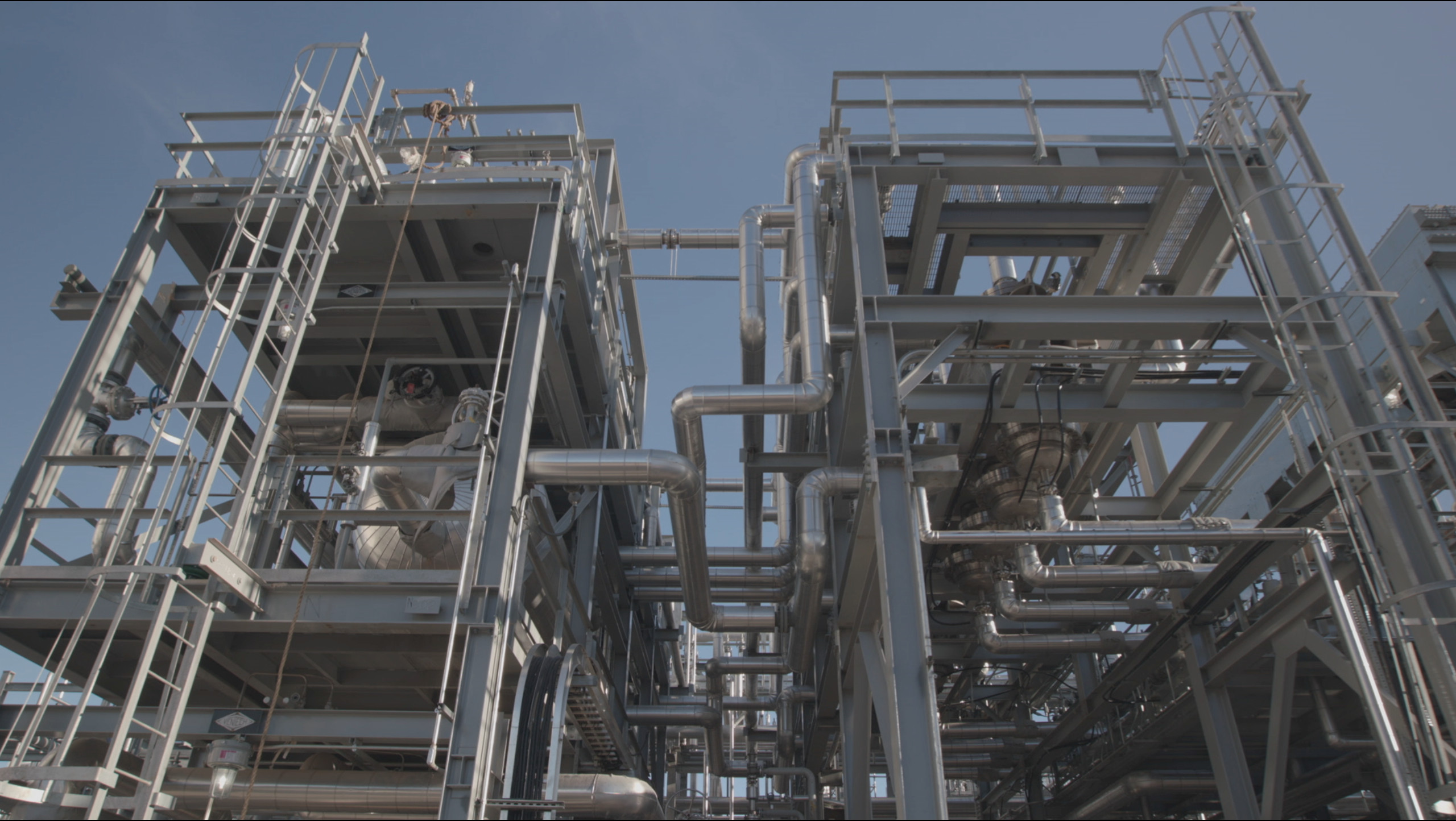[ad_1]

British Airways is one step closer to powering its future fleet with sustainable jet fuel made from rubbish as plans have been submitted to develop Europe’s first household and commercial solid waste to sustainable fuels plant.
Altalto Immingham, a subsidiary of renewable fuels company Velocys and a collaboration with British Airways and Shell, has submitted a planning application to develop the site in Immingham, North East Lincolnshire, close to the Humber Estuary. The proposed state-of-the-art plant would take over half-a-million tonnes each year of non-recyclable everyday household and commercial solid waste destined for landfill or incineration such as meal packaging, nappies and takeaway coffee cups and convert it into cleaner burning sustainable aviation fuel.
The technology, built by Velocys, will reduce greenhouse gas emissions by 70% for every tonne of sustainable jet fuel that replaces a tonne of conventional fossil fuel – equivalent to taking up to 40,000 cars per year off the road.
British Airways intends to purchase jet fuel produced at the plant for use in its aircraft. This is an important step in the reduction of the airline’s carbon emissions towards the industry targets of carbon neutral growth from 2020 and a 50% reduction by 2050 from 2005 levels.

The fuel will also improve air quality with up to 90% reduction in soot from aircraft engine exhausts and almost 100% reduction in sulphur oxides; and the technology offers a lower emissions route to process UK waste than incineration or landfill.
The development is also anticipated to bring hundreds of millions of pounds of investment, hundreds of jobs during construction and approximately 130 permanent jobs to the region.
Alex Cruz, chairman and CEO of British Airways said: “Sustainable fuels can be a game changer for aviation which will help power our aircraft for years to come. This development is an important step in the reduction of our carbon emissions and meeting the industry targets of carbon neutral growth from 2020, and a 50% in CO2 reduction by 2050 from 2005 levels. It also brings the UK another step closer to becoming a global leader in sustainable aviation fuels.”
[ad_2]
Source link
